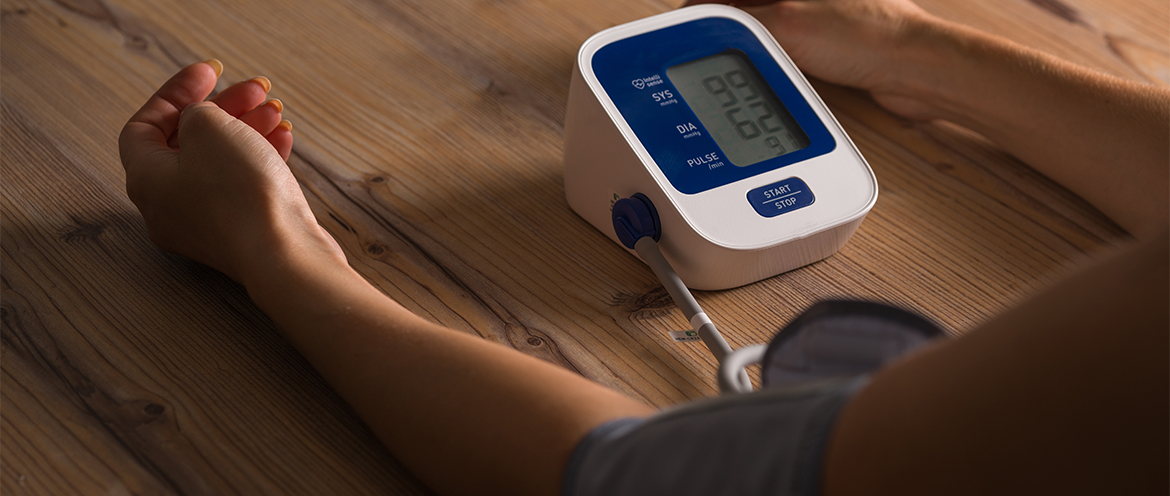Bonnie Rouse knows a lot education and encouragement can go a long way to help people control conditions that cause heart disease.
As a medical management specialist for Health Care Service Corporation (HCSC), she works with Medicaid members in Illinois to help them better understand conditions such as high blood pressure and cardiovascular disease and what they can do to improve their health.
“You have to take baby steps,” says Rouse, who begins each new relationship by determining how much members know about their diagnosis and managing it. “You have to start by educating on what can happen if their disease is unmanaged.”
The key to success is helping members establish small, achievable goals to maintain engagement in keeping themselves healthy and out of the hospital, she says.
A pilot program recently launched by HCSC may nudge some Medicaid members to stick with care plans and meet their health care goals. About 6,000 in Illinois and Texas diagnosed with heart disease, diabetes, chronic kidney disease and asthma have been given the option to participate in the free 12-month program, which rewards them for checking their blood pressure and taking medications.
“It empowers members to take control of their health.”
Participants can earn up to $30 a month on a reloadable rewards card for using a smartphone app to adhere to their care plans. The app reminds members to take medications and blood pressure readings, depending on what their care plans require.
The app also provides access to a support team to help members maintain motivation and engagement.
And the rewards cards can be used almost anywhere that accepts Visa or Mastercard.
“The program encourages behavioral changes in the way they approach their health,” says Velisiwe Nkomo, HCSC divisional vice president of government programs clinical operations. “It empowers members to take control of their health.”
Learning healthy habits
About half of all American adults have high blood pressure, but many people don’t know it because they usually don’t experience any symptoms, according to the American Heart Association.
Left untreated, high blood pressure can damage the circulatory system, leading to a heart attack or stroke. So, it’s important for members to keep their blood pressure under control, Nkomo says. Research shows one year of self-monitoring of blood pressure can improve health outcomes.
The rewards program is geared toward boosting medication compliance and reducing emergency room use and hospitalizations among Medicaid members with chronic conditions who may not have a care coordinator assisting them.
Nkomo believes the program will encourage members to develop sustainable healthy habits as the app tracks their improvements.
“Overall, they’ll see the changes they’ve made,” she says. “After 12 months of use, members should be able to see how much easier it is to maintain their health.”

